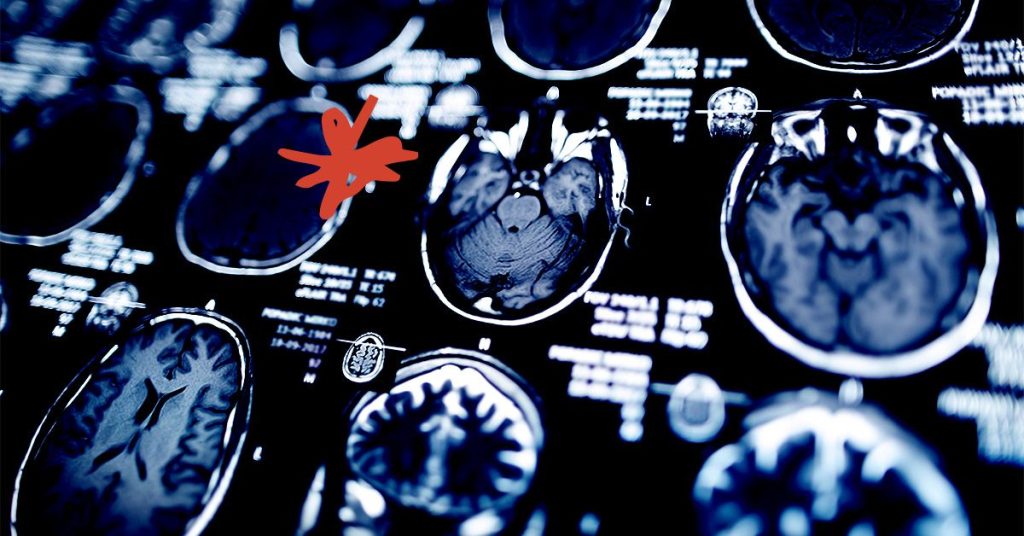A recent review explores the potential neuroprotective benefits of GLP-1 drugs such as Wegovy, Ozempic, and Zepbound, beyond their well-known effects on weight loss and improved insulin sensitivity. Obesity can lead to chronic inflammation in the brain, increasing the risk of neurodegenerative diseases like Alzheimer’s. GLP-1 medications have been found to reduce brain inflammation and strengthen the blood-brain barrier, potentially offering brain health protection. These drugs may also balance the neurovascular unit in the brain, improving cognitive functioning. With over 40% of adults in the US struggling with obesity, finding ways to prevent neurodegenerative diseases has become a focus of research, making GLP-1 drugs a promising avenue for exploration.
GLP-1 receptor agonist drugs are typically used to assist with weight loss in individuals with type 2 diabetes or obesity. These medications work by slowing down gastric emptying, lowering blood sugar levels, and improving satiety, in addition to improving metabolism. Recent studies reveal that the benefits of GLP-1 medications extend beyond weight loss to include improvements in brain health. Chronic low-grade inflammation can affect glial cell functioning, which plays a crucial role in maintaining the blood-brain barrier. Research shows that GLP-1 drugs can interact with astrocytes and microglia, enhancing neuron growth and survival, and reversing inflammation, potentially benefiting neurodegenerative diseases.
Studies have shown that GLP-1 drugs can increase the number of astrocytes, which perform neuroprotective tasks and strengthen the blood-brain barrier, ultimately improving cognitive functioning. Signaling from these medications may interact with microglia to reverse inflammation and prevent neuronal damage, which could be particularly beneficial in neurodegenerative diseases. While more research is needed to fully understand the potential brain benefits of GLP-1 medications, researchers are optimistic about their role in boosting brain health. Ongoing trials, such as the EVOKE trial, are evaluating the effectiveness of semaglutide in treating Alzheimer’s disease, with promising results expected.
Inflammation is a key factor in the development of Alzheimer’s disease, and microglia play a critical role in the progression of the disease, leading to brain cell death. GLP-1 drugs have shown potential in modulating inflammation and reducing the risk of developing dementias like Alzheimer’s, especially in individuals with metabolic syndrome or type 2 diabetes. By improving the blood-brain barrier and reducing inflammation, GLP-1 medications could protect the brain from progressive damage over time. Morales, a vascular neurologist, emphasizes the need for trials combining neuroimaging techniques with GLP-1 treatment to confirm the neuroprotective benefits of these drugs.
Overall, the review highlights the potential of GLP-1 drugs to provide neuroprotective benefits beyond weight loss and improved insulin sensitivity. By targeting brain inflammation and enhancing glial cell function, these medications may offer protection against neurodegenerative diseases like Alzheimer’s. As research continues to uncover the mechanisms of action of GLP-1 drugs on the brain, there is optimism about their role in improving cognitive functioning and potentially treating conditions like Alzheimer’s. The future of these medications in boosting brain health looks promising, with ongoing trials expected to provide more insights into their effectiveness in neuroprotection.


